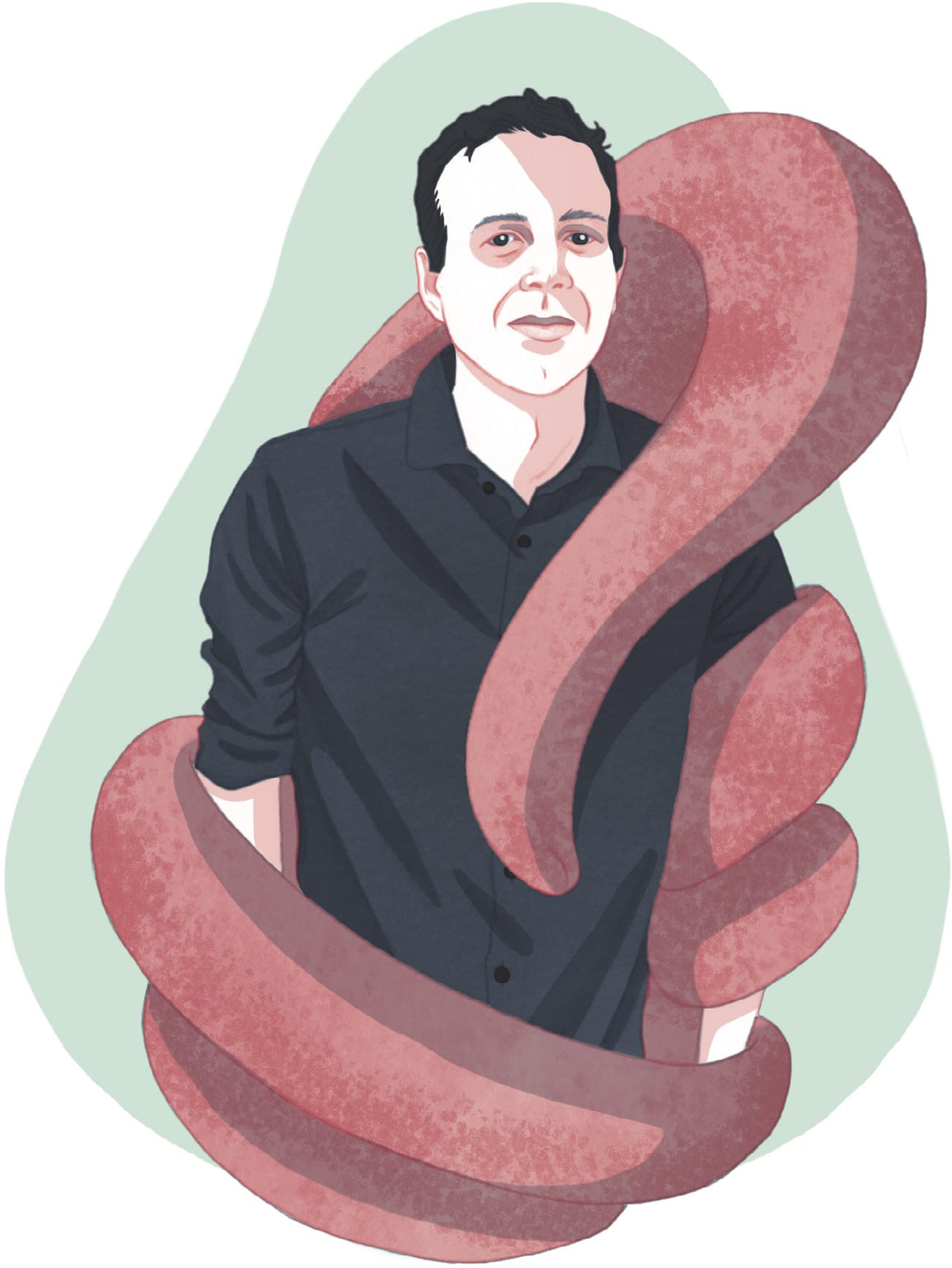AMAT ESCALANTE (1979)
 VIOLENT VISIONARY
VIOLENT VISIONARY
From the violence of an unending drug war to visitations from other worlds, writer, director and producer Amat Escalante offers uncompromising portraits of modern life.
Born in Barcelona, Escalante spent much of his youth in the central Mexican state of Guanajuato before returning to Spain to study film editing and sound design. After completing a further filmmaking course at the International School of Film and Television in Havana and directing his short Amarrados (2002), Escalante assisted fellow Mexican filmmaker Carlos Reygadas on Battle in Heaven (2005). The two became friends, and Reygadas’ production company supported Escalante’s nascent career as a director. While his debut Sangre (2005), a study in jealousy and states of ennui in long-term relationships, betrayed the participation of Reygadas, Los Bastardos (2008) saw the filmmaker develop his own style, balancing considerable technical skill with an increased dynamism. The film’s escalating violence also presaged the more formally austere Heli (2013). In all three works, Escalante featured mainly non-professional actors, a muted palette and a preference for long takes.
Escalante’s second and third features offer contrasting representations of Mexico, its diaspora, and the problems of alienation, class and crime. Both films are bleak portraits of characters caught up in a spiralling world of violence, but they refute a simplistic Trumpian take on the situation. Their nihilism might have attracted opprobrium and the violence criticism for its extremity, but Escalante highlights the helplessness of characters forced against their better judgment into situations from which there is no happy escape.
Escalante defines himself as an international rather than Mexican filmmaker, and his influences range from austere Belgian director Bruno Dumont to US experimental filmmaker James Benning. Although The Untamed (2016) evinces themes explored in his earlier work and is once again set in Mexico, the shift in genre – from crime to science fiction – gives it a more universal feel. However, Escalante’s fourth feature is also his strangest and one of the most uncompromising cult films of recent years. The ‘alien’ element is a creature that resides in a remote cabin in the countryside and appears to feed off sexual desire. On the surface, it may seem like a significant change of gear for Escalante, but in its social concern – exploring his country’s patriarchal culture, and shining a light on homophobia and domestic violence – it remains no less controversial than Escalante’s earlier films.
